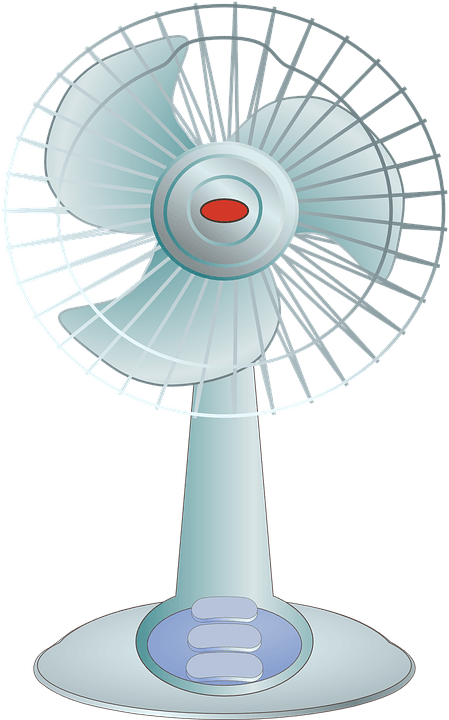
When the spring finally arrives after a long and cold winter, many people breathe a sigh of relief when they can finally turn off those furnaces and heaters and open the windows. The warm spring air is a welcome change and a welcome break for your wallet, too. The few precious months between the winter and the summer provide a much-needed respite from the high cost of heating your home and the even higher costs of cooling it down during the sweltering summer months.
If you don't want your energy bills to soar this summer, get creative and be resourceful. It's certainly possible to live comfortably while still keeping your energy consumption to a minimum, as long as you know some of the tricks. This guide will provide you with helpful tips to stay cool during the summer, limit your energy consumption and show you how a few simple adjustments to your home and everyday living can keep you from cranking the air conditioning all summer.
Regularly clean out your air conditioning unit
Just as with any other appliance or machine, a dirty air conditioner with dirty vents and ducts can really put a strain on your home's cooling system. What happens when something is under a lot of strain? It has to work a lot harder to get its job done. When your air conditioner starts working harder than it has to, that's when the energy consumption starts to climb and your cooling bills skyrocket.
Clogged and dirty vents can prevent air from reaching the house, making the air conditioning unit work extra hard and extra long to cool down the house. Your best bet is to clean the air conditioning unit, or to have a professional HVAC specialist come to clean out your ducts and vents to make sure that the unit is operating at its maximum efficiency. It's important to always keep your air conditioning unit clean, and make sure that your vents and ducts are also free of any obstructions.
Keeping dirt and dust from blocking the air conditioning vents and ducts will keep your unit running at its optimal levels for as long as possible and will keep your energy bills lower. With clean vents and ducts, you'll notice almost immediately how much less air conditioning you'll need to keep your house cool enough during the summer.
Seal off the hot air from your home
One of the biggest culprits of high energy consumption and high cooling bills during the summer months are houses that aren't properly sealed. Just as in the winter, when you want to seal off all of the cold air from your home, you want to make sure that you do the same during the summer.
On days that are cooler and more mild, of course you'll want to turn off your AC completely and open up those windows nice and wide, but during the sweltering days of July and August when you absolutely need that AC, make sure that none of that hot air is infiltrating your home.
Here's how you can make sure that your home is properly sealed and that none of that hot and humid air is spilling in and causing your air conditioning unit to work overtime:
- Check the garage and the attic. The cracks of doors leading to your garage and your attic are possible places where hot air can trickle into your house, which can also make your air conditioning unit work harder to cool your home.
- Keep the sun out during the afternoon. The more windows you have in your house, the more the sun will heat it up, causing your air conditioning unit to switch on more frequently. If you have blinds or shades on your windows, keep them closed during the day and see how much cooler your house stays, as well as how much less energy you'll end up using.
- Seal off all windows and doors. Properly sealing off your doors and windows will help to keep the cold air inside of the house, where it belongs, and it will also help to keep the hot air outside.
Using fans and windows to your advantage
Your air conditioning unit is not the only thing that can keep you cool during the summer months. In fact, you'll keep your energy consumption low and your cooling costs even lower if you know when to use your AC. Switching it off every once in a while and relying on other methods for cooling off your house will really reduce your energy consumption over the course of an entire summer. The truth is, you don't really need that AC all the time, and there are some days when a few ceiling fans or window fans and some cross-ventilation will be more than enough.
Fans, whether they are ceiling fans or fans mounted on stands, use a lot less energy than your air conditioning unit does. If it's warm outside, but not hot enough where air conditioning is vital, don't be afraid to plug in a fan to cool down the house and circulate some air. This will save you a good amount of money in the long run on your air conditioning and cooling costs.
Also, don't be afraid to power down that AC at night when the temperature drops and open up the windows to let some of that cool night air circulate throughout the house. Keeping your air conditioning unit turned off for just the eight or so hours during the night when you're sleeping will significantly lower your cooling costs and reduce your energy consumption as well.